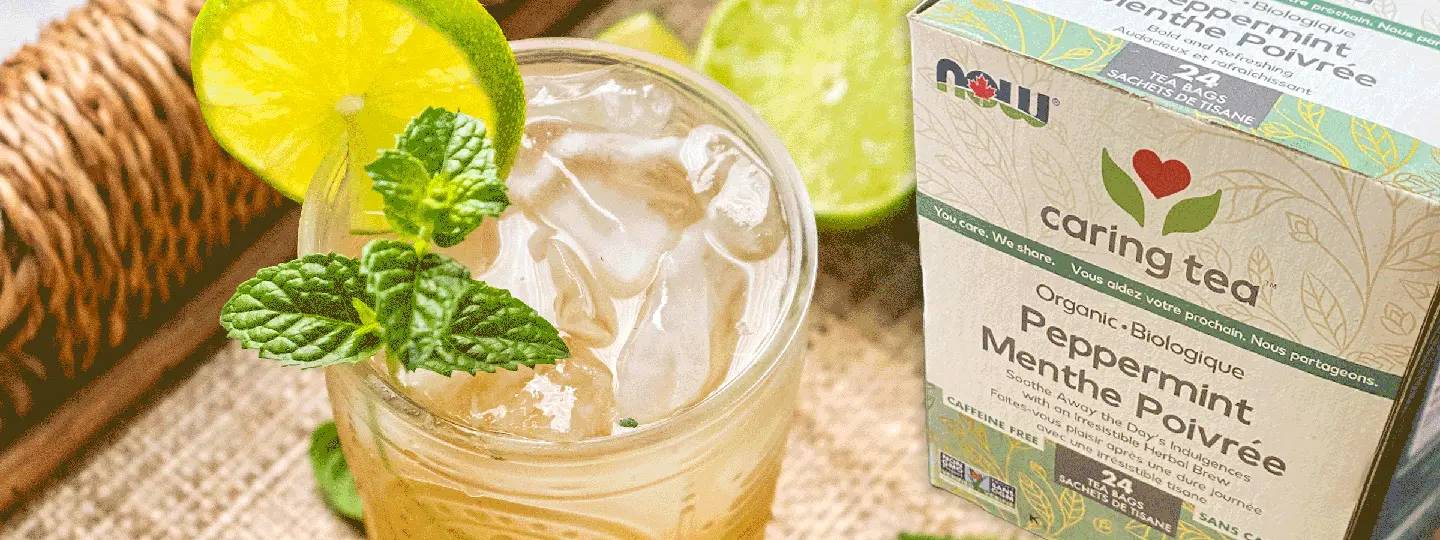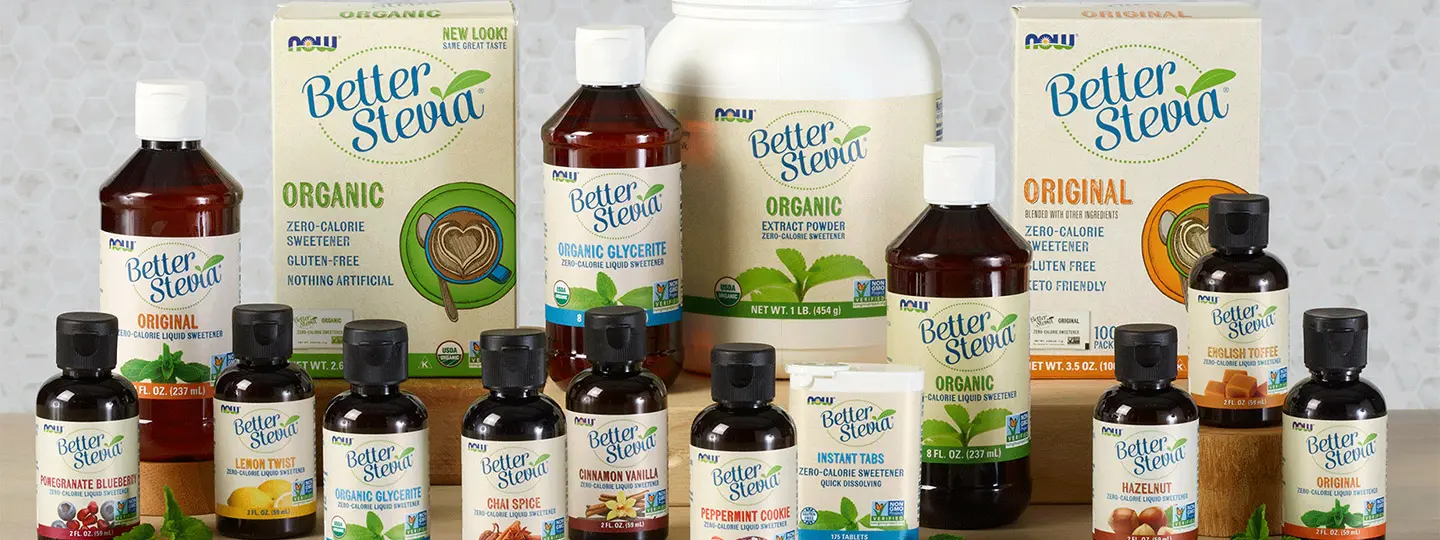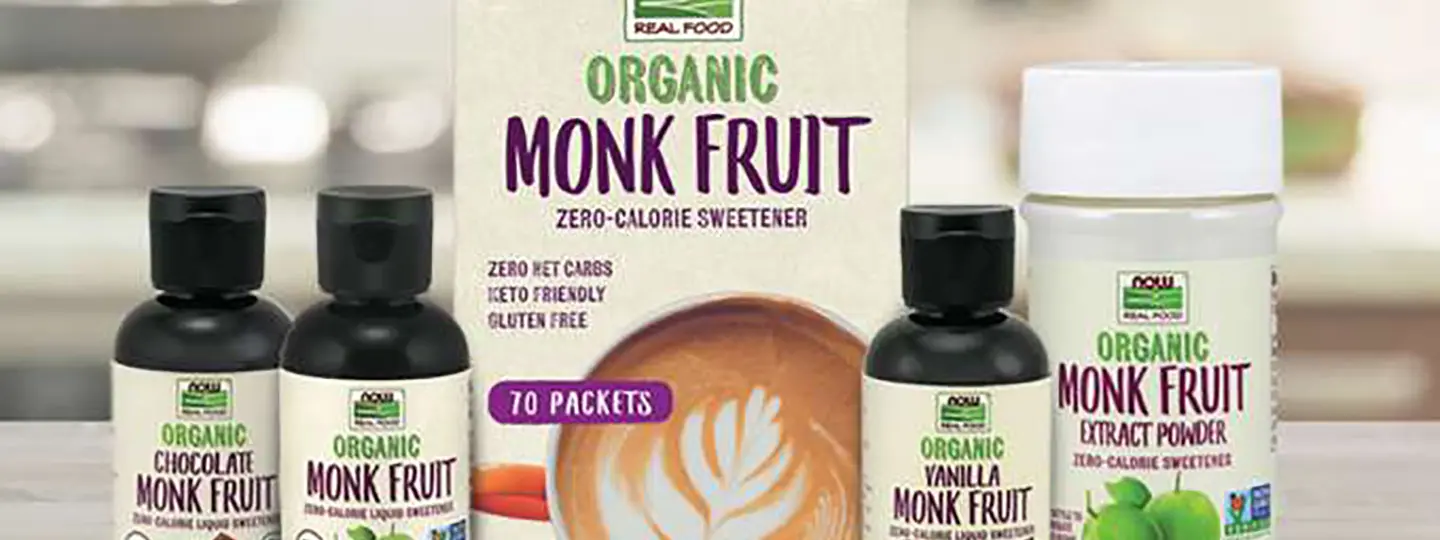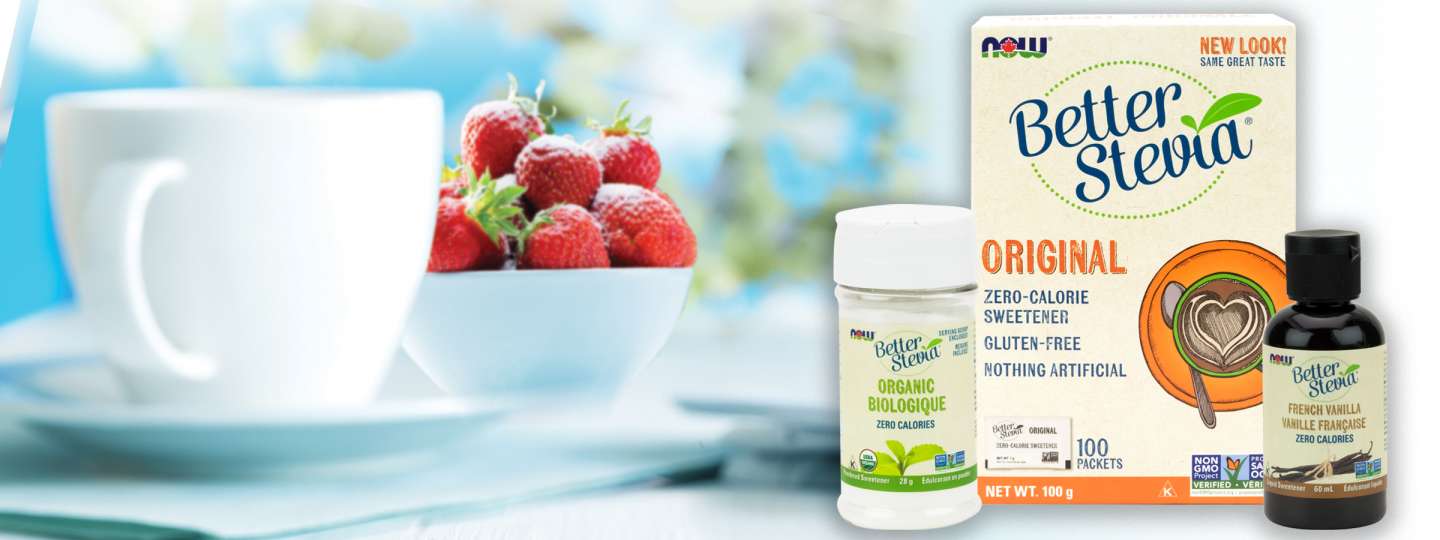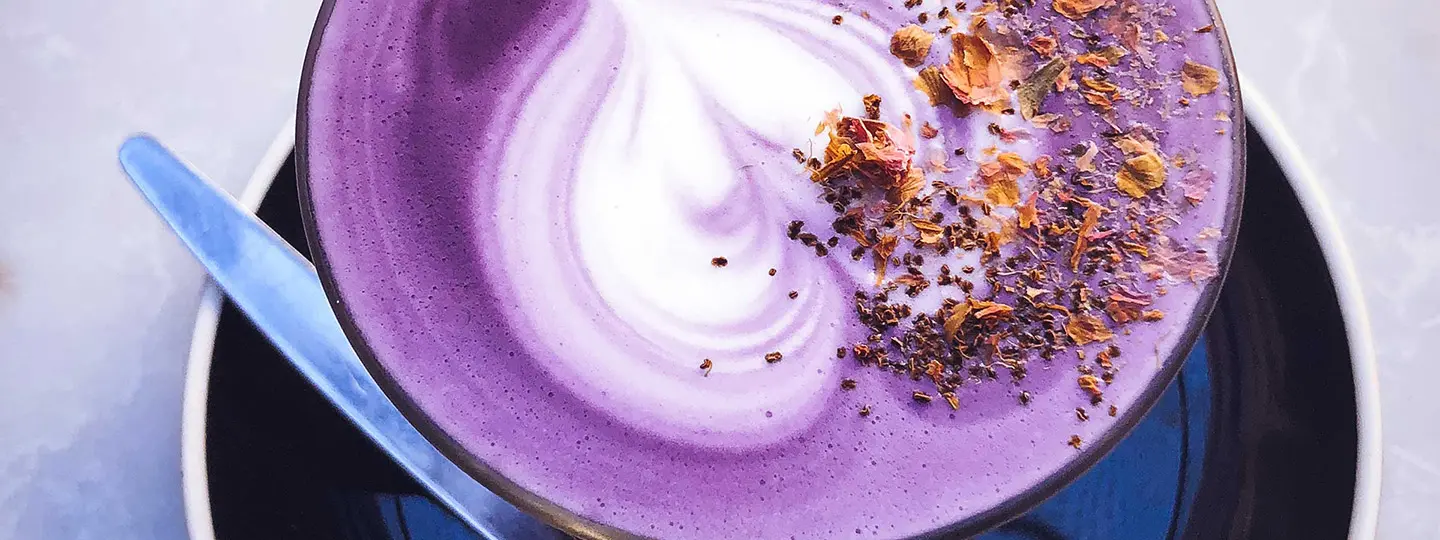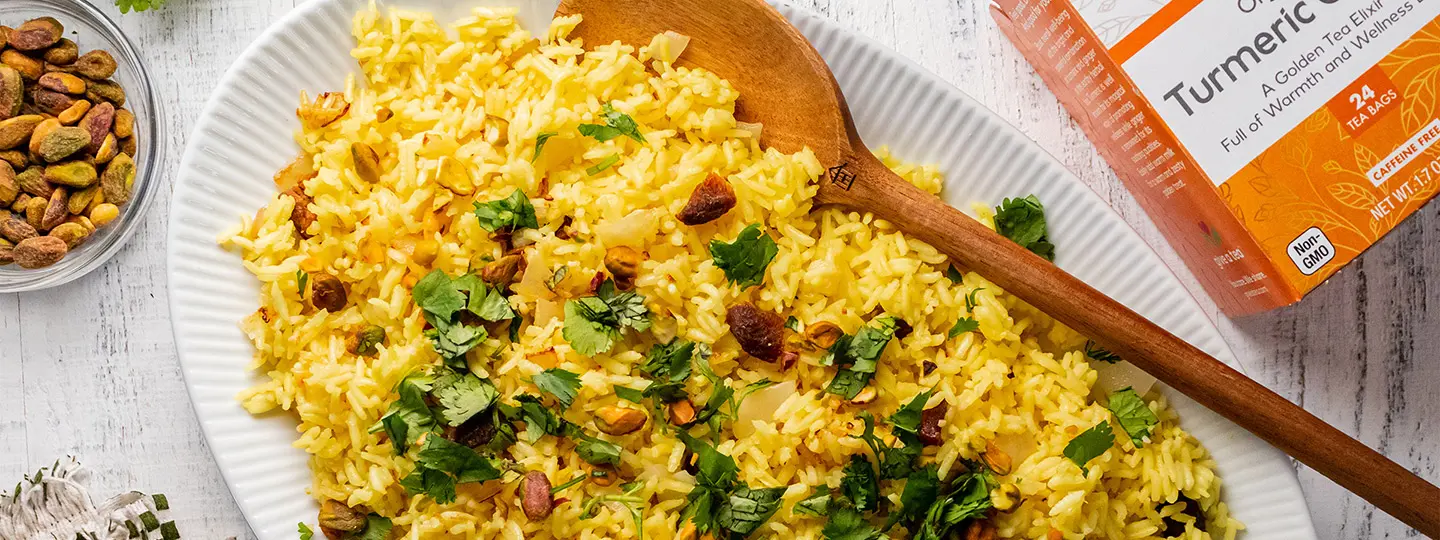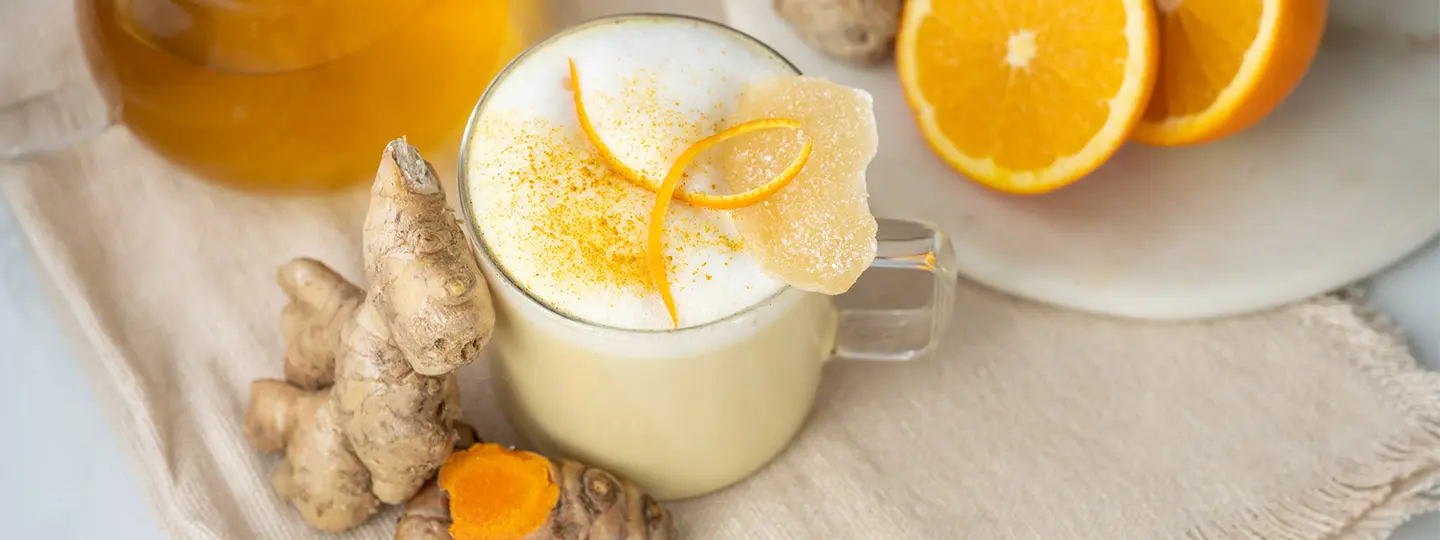Properly Storing Your Cooking Oils
For many of us, storing our cooking and finishing oils is as simple as putting them in the cupboard with our other basic ingredients such as flours, spices and extracts. But just like fine wines and cheeses, how you store your oil can have a big impact on its freshness, flavor and overall quality. Here are a few simple tips that can help you get the most out of your favorite oils. Just as with many other foods, light, heat and oxygen are elements that need to be avoided.
4 Flavor, Freshness & Quality Tips
- Stay Cool – Most oils should be stored in a cool environment, similar to what you’d find in a wine cellar. While you can refrigerate many oils, most people don’t have the time or patience to heat their oil every time they use it (for many of us this is daily). Like “The Price Is Right”, you want to get as close as you can to refrigeration temperature without going over. For olive oil and many other oils, this will be between 50° and 64° F. Some people will store bulk quantities of oils in their basement or another cold room and then refresh a small bottle as needed.
- Avoid Light – Light can quickly degrade an oil, so you should purchase your oils only in dark glass bottles that let in little or no light, and store them in the same manner. Avoid clear or light-colored glass whenever possible.
- Avoid Air – Like light, oxygen can quickly degrade your favorite oil, leaving you with a bland, flavorless oil that’s not going to do you or your foods any favors. Choose oils packaged in glass bottles for a good barrier against oxygen and keep the cap tightly closed after opening.
- Avoid Showing Off – You probably have that friend whose kitchen looks like the ones you see on TV, with pots hanging from hooks, overflowing bowls of delicious ingredients, and perfectly placed groupings of clear bottles with various colored cooking oils scattered throughout.Don’t be surprised if those delicious-looking oils showcased in those attractive clear glass bottles are anything but delicious. After sitting out in a warm kitchen, exposed to continual light, and opened and closed time and time again, that oil is good for one thing and one thing only – disposal. A cooking oil should be stored and used when needed, not displayed on your countertop. Stick with the hanging cookware and overflowing bowls of goodness, and avoid displaying your oils for the world to see. Your family and your taste buds will thank you.
Following these four simple tips can have a huge impact on the flavor, freshness, quality and shelf-life of your favorite oils. Bon appétit!


